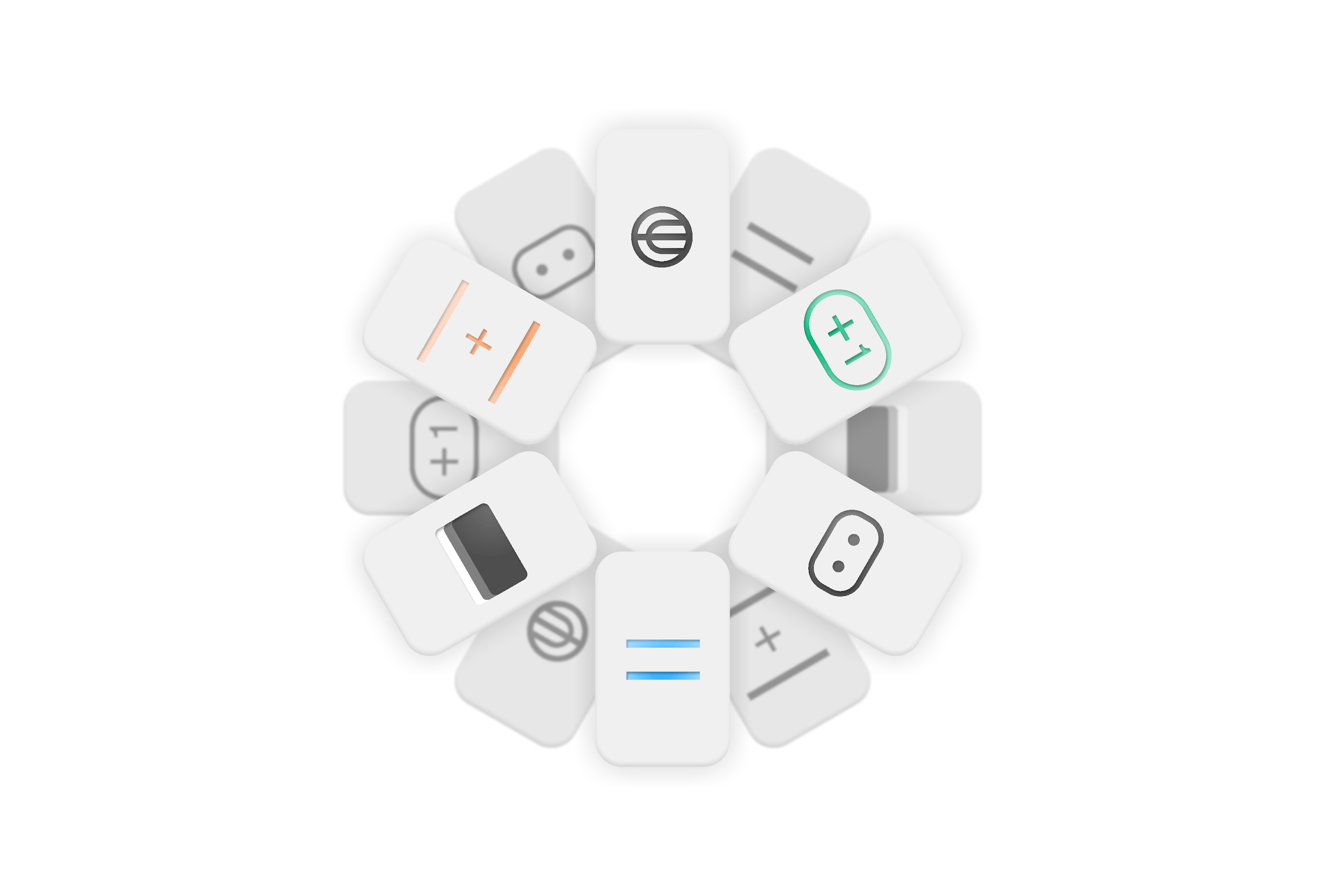
The Worldcoin project was created to help increase global equality of opportunity. To do this, its contributors are building the world's largest identity and financial network, along with infrastructure that gives access and ownership to everyone.
If the project is successful, it could dramatically improve many digital interactions that are currently not possible on a global scale. Among these are the various ways in which humans identify themselves, transact and interact with one another online.
This article will briefly look at some of the potential applications of the Worldcoin project.
Differentiating between humans and bots in the age of AI
The lack of sound and frictionless digital identity has led to well-known problems like social media bots, spam messages, robocalls, etc. These issues have been exacerbated by the advance of AI and the lack of a clear way to prove humanness in online interactions and on the blockchain.
It’s becoming essential that an inclusive, privacy-preserving solution for proof of personhood be made available as public infrastructure. In the not too distant future, every message or transaction could include a “verified human” property, which would filter out a lot of noise from the digital world. This is what Worldcoin, through World ID, enables.
Ownership and transfer of digital money
Digital money is borderless, often safer than cash and can be sent and received almost instantly. Additionally, it can be owned and controlled by individuals directly, without having to trust third parties. Overall, digital money has the potential to connect people on a global scale unlike anything previously seen in human history.
World App (the first wallet created for the Worldcoin project by Tools for Humanity) gives people easy access to decentralized finance and the global digital economy. It’s been specifically designed to be easy and intuitive to use, even by non-crypto natives. Individuals can use their non-custodial wallet in World App to save, send, deposit and withdraw digital money and explore and use crypto. This is made possible through the composability of Ethereum and partnerships with reputable services providers.
Governance
Collective decision making in web3 currently relies largely on token-based governance (one token, one vote). Experience has revealed the limitations of that approach, which can exclude people from participating and favor those with more economic power.
Worldcoin, in contrast, is unique in its range of governance possibilities. World ID’s personhood verification relies on a person’s immutable biometric identity, unlocking a reliable sybil-resistant “proof of personhood” mechanism that can form the basis for “one person, one vote” axes of participation. The personhood governance vector can be combined with others, like token-based or reputation-based vectors, to radically expand the design space, not just in web3 but for the internet as a whole.
A governance model built to include World ID, with the reach (2M+ people) and diversity (geographic, class, tech familiarity) Worldcoin has achieved, opens possibilities for pluralistic and representative democracy never achieved by similar projects—or, for that matter, by traditional models of global governance.
Incentive alignment
Traditional customer reward programs (coupons, loyalty programs, reward programs, etc.) are vulnerable to fraud. That’s because their potential benefits, which are designed to build customer loyalty and encourage repeat business, incentivize bad actors to attempt to scam the system to earn more rewards.
Frictionless and fraud resistant digital identity such as World ID’s proof of personhood helps to align incentives and benefit both consumers and companies. It could potentially even give rise to a new wave of companies owned in part by its users.
Equal distribution of resources
Similar to the fraud that can occur in customer reward programs, fake identities can be employed by bad actors to acquire more than their fair share of the resources allocated by social benefit programs. These include subsidies, social welfare, etc. In 2021, India saved over $500 million in subsidy programs by implementing a biometric-based system that reduced fraud.
A decentralized proof of personhood protocol such as World ID can extend similar benefits to any project or organization globally. Additionally, as AI advances, World ID could be used to fairly distribute access to some of the created value through a form of universal basic income. This will play an increasingly vital role in counteracting the concentration of economic power.
Learn more
If you’d like to learn more or stay informed about potential use cases for Worldcoin and other important information, you can find a detailed breakdown of the project in the Worldcoin protocol whitepaper.
You can also sign up for the blog newsletter at the bottom of this page or join the ongoing daily conversations on Twitter/X, Telegram, Discord, YouTube and LinkedIn.
Disclaimer
The above content speaks only as of the date indicated. Further, it is subject to risks, uncertainties and assumptions, and so may be incorrect and may change without notice. A full disclaimer can be found in our Terms of Use and Important User Information can be found on our Risks page.